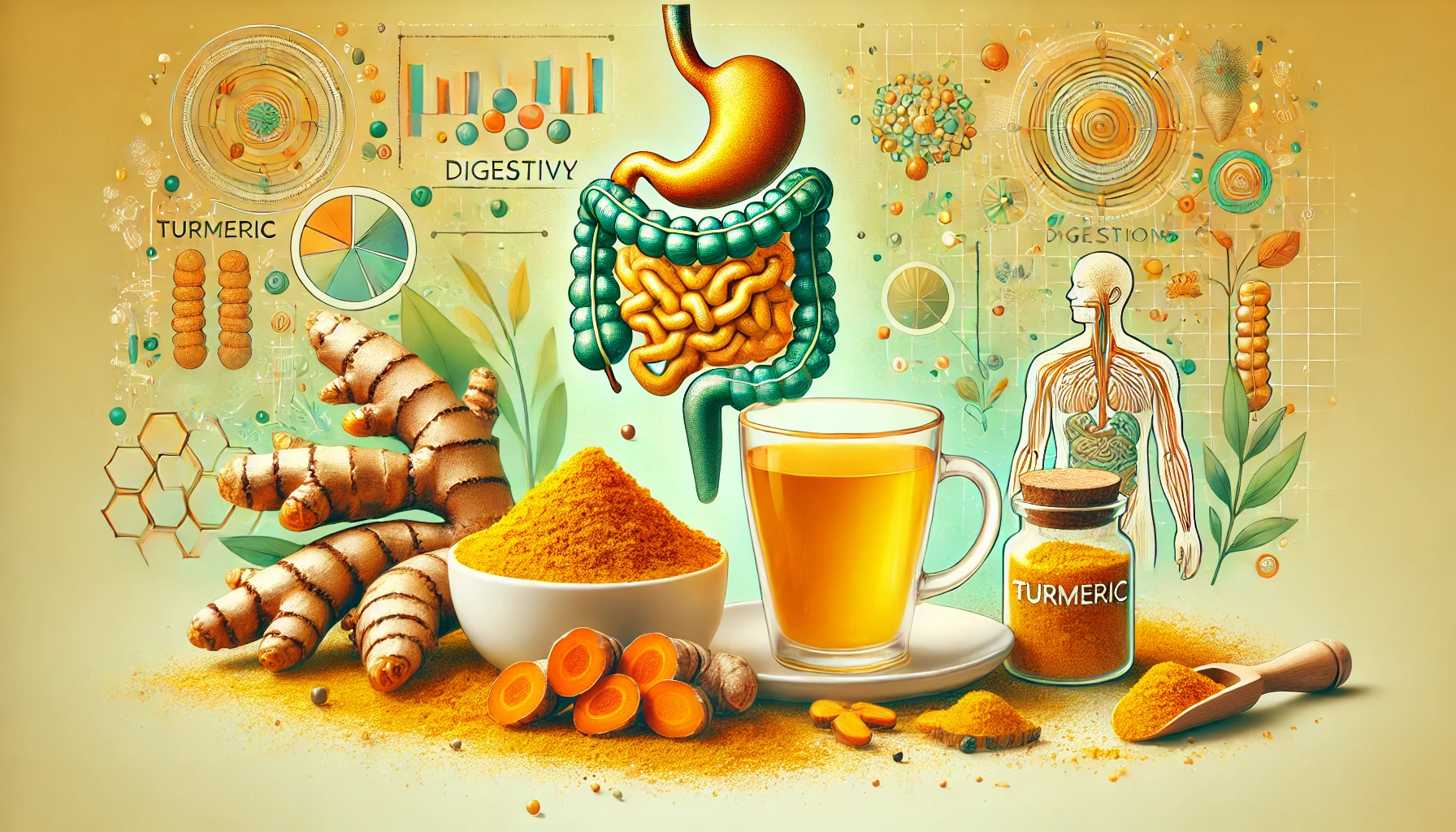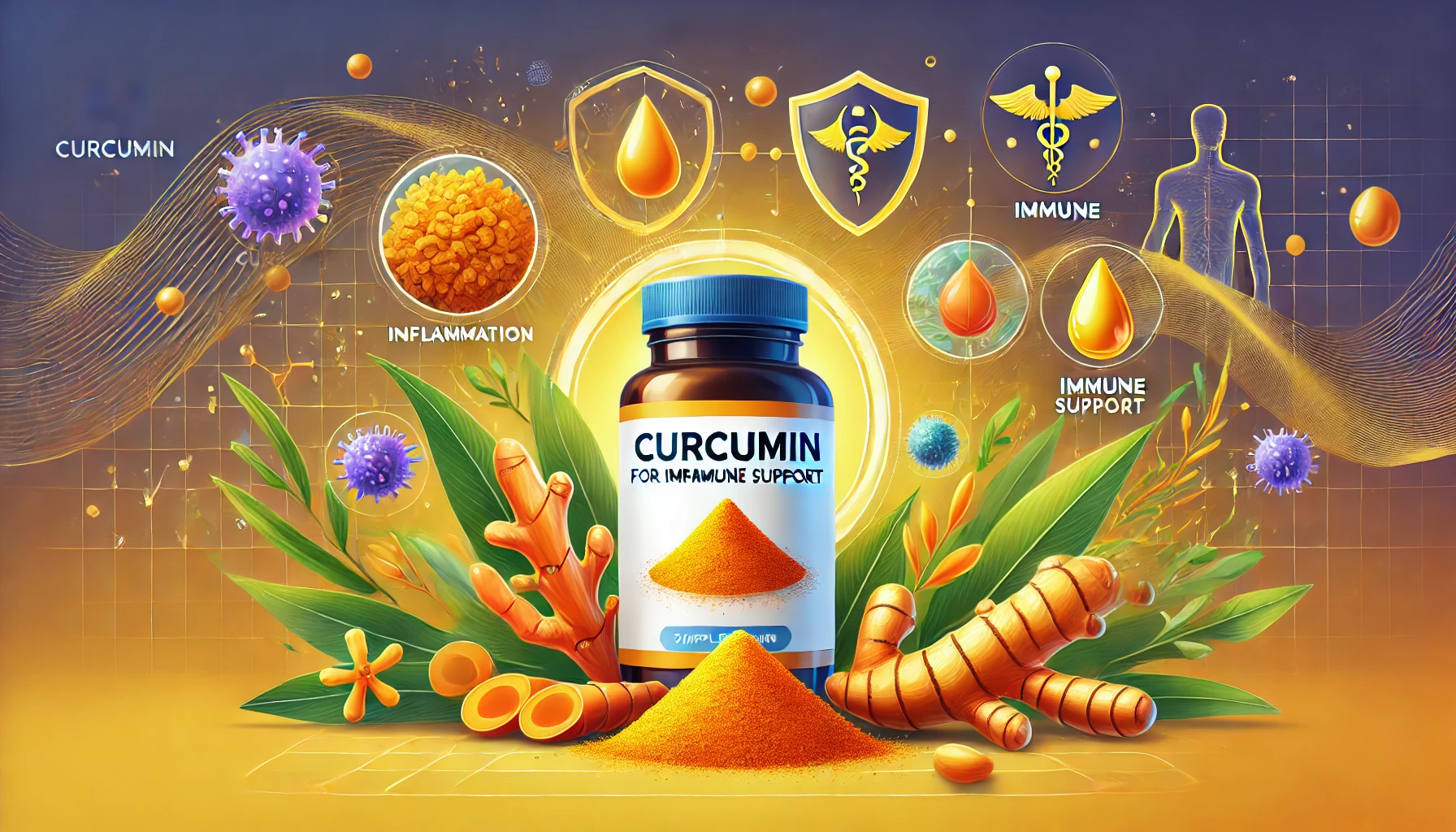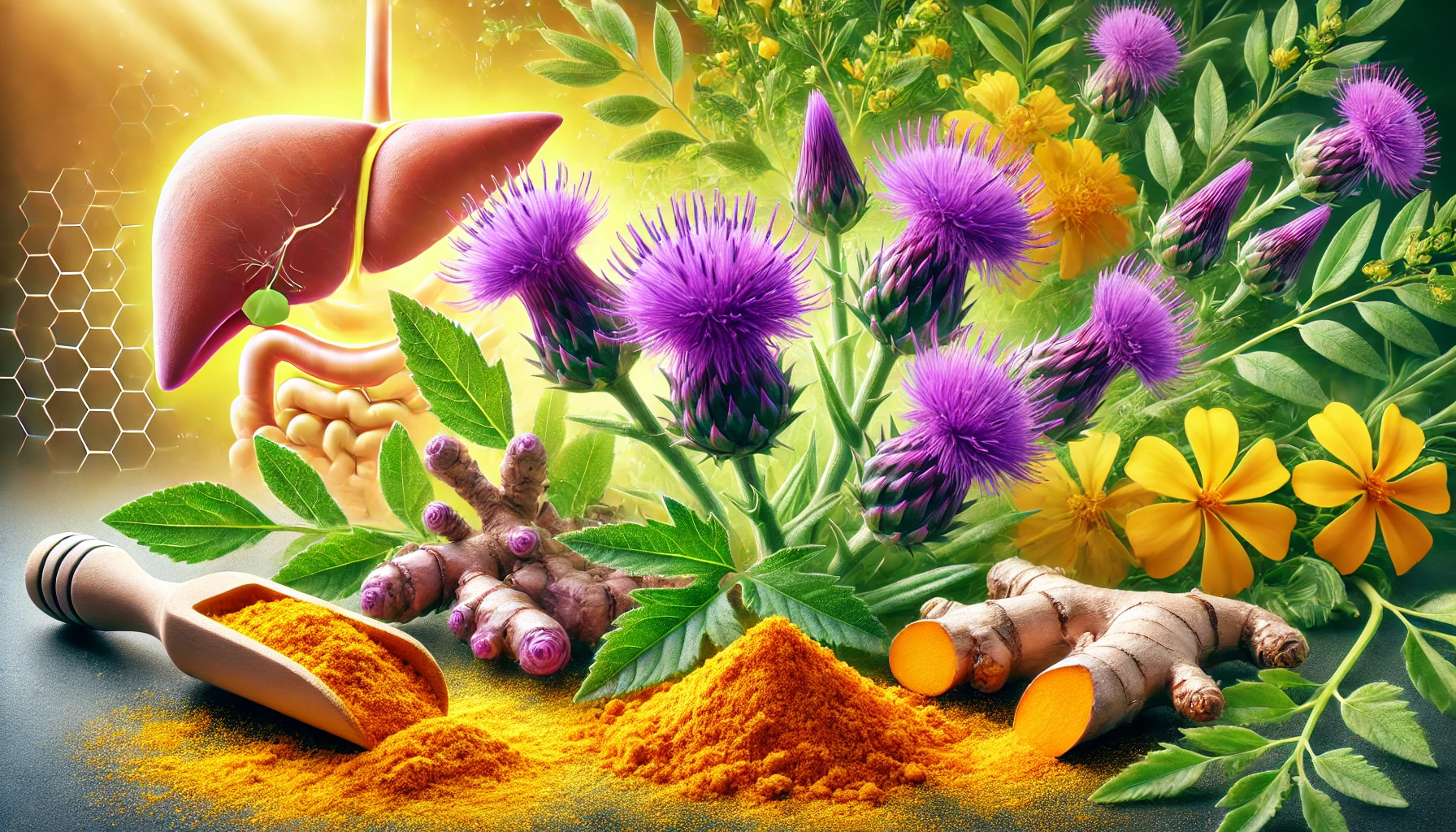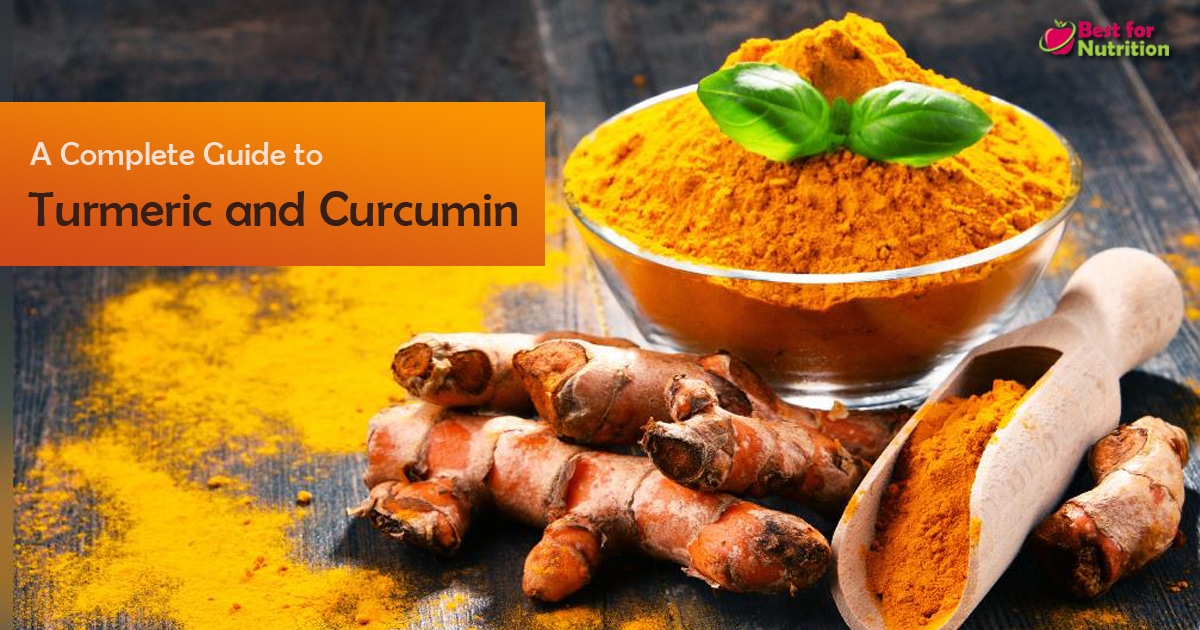Turmeric, a golden-yellow spice commonly used in Indian cuisine, has gained popularity worldwide for its health benefits. The active compound in turmeric, curcumin, is the powerhouse behind these benefits (1). This article explores the various ways turmeric and curcumin can enhance your health.

Turmeric as a Powerful Anti-Inflammatory Agent
Turmeric is widely recognized for its anti-inflammatory properties. Chronic inflammation is linked to numerous health conditions, including heart disease, cancer, and Alzheimer’s. Curcumin, the main active ingredient in turmeric, inhibits molecules known to play major roles in inflammation (2).
Summary:
Turmeric, particularly its active compound curcumin, is a potent anti-inflammatory agent that can help reduce the risk of chronic diseases like heart disease, cancer, and Alzheimer’s.
Antioxidant Benefits of Turmeric
Curcumin is not only an anti-inflammatory but also a powerful antioxidant. Antioxidants help neutralize free radicals, which are unstable molecules that can damage cells and contribute to aging and diseases. Curcumin boosts the activity of your body’s antioxidant enzymes, providing a dual mechanism against oxidative damage (3).
Summary:
Curcumin offers antioxidant benefits by neutralizing harmful free radicals and enhancing the body’s natural antioxidant defenses, helping to protect against cellular damage and aging.
Turmeric for Joint Health and Arthritis Relief
Arthritis is a common disorder characterized by joint inflammation. Several studies have shown that curcumin can help reduce symptoms of arthritis and may be more effective than some anti-inflammatory drugs. Its ability to fight inflammation at a molecular level makes it a promising natural treatment for joint pain (4).
Summary:
Turmeric can support joint health and provide relief from arthritis symptoms, potentially offering a natural alternative to conventional anti-inflammatory medications.
Turmeric’s Role in Brain Health
Curcumin also crosses the blood-brain barrier, which means it can directly benefit the brain. It has been shown to increase levels of Brain-Derived Neurotrophic Factor (BDNF), a growth hormone that functions in the brain. Low levels of BDNF are linked to brain disorders like depression and Alzheimer’s. By boosting BDNF, curcumin may help delay or reverse brain diseases and age-related decreases in brain function (5).
Summary:
Turmeric may boost brain health by increasing BDNF levels, which could help prevent or treat conditions such as depression and Alzheimer’s disease.
Benefits for Heart Health
Curcumin can improve the function of the endothelium, which is the lining of your blood vessels. Endothelial dysfunction is a major driver of heart disease, and curcumin’s ability to improve endothelial function may help prevent heart disease. Additionally, it helps reduce inflammation and oxidation, both of which play roles in heart disease (6).
Summary:
Curcumin supports heart health by improving endothelial function and reducing inflammation and oxidative stress, both of which contribute to heart disease.
Turmeric for Digestive Health
Turmeric has been used in traditional medicine to aid digestion. Curcumin stimulates bile production, which is essential for digesting fats, and its anti-inflammatory properties can help with digestive disorders like irritable bowel syndrome (IBS) and ulcerative colitis (7).
Summary:
Turmeric enhances digestive health by stimulating bile production and reducing inflammation, helping alleviate conditions like IBS and ulcerative colitis.
Supporting Skin Health
The anti-inflammatory, antimicrobial, and antioxidant properties of turmeric make it an excellent choice for skin health. It has been used in both traditional medicine and skincare routines to treat conditions such as acne, psoriasis, and eczema, and to promote wound healing (8).
Summary:
Turmeric benefits skin health by combating inflammation, microbes, and oxidative stress, potentially improving conditions like acne, psoriasis, and eczema.
Potential Cancer-Fighting Properties
Research suggests that curcumin may help prevent and treat various types of cancer by affecting the growth of cancer cells. It has been shown to inhibit the proliferation of cancerous cells and reduce angiogenesis (the growth of new blood vessels in tumors) and metastasis (the spread of cancer) (9).
Summary:
Curcumin shows promise in cancer prevention and treatment by inhibiting cancer cell growth and reducing angiogenesis and metastasis.
FAQs
How should I consume turmeric to reap its benefits?
Turmeric can be consumed in various forms, such as fresh turmeric root, turmeric powder, or as a supplement. Combining turmeric with black pepper enhances the absorption of curcumin.
Are there any side effects of consuming turmeric or curcumin?
While turmeric is generally safe, high doses of curcumin supplements may cause gastrointestinal issues like nausea or diarrhea in some people. Always consult a healthcare provider before starting any new supplement.
Can turmeric help with weight loss?
Some studies suggest that turmeric may aid in weight management by suppressing fat tissue growth and reducing inflammation, which can lead to weight gain. However, more research is needed.
How does turmeric compare to other anti-inflammatory agents?
Turmeric is considered a natural anti-inflammatory agent with fewer side effects compared to synthetic drugs. However, its efficacy may vary from person to person, and it is always recommended to consult with a healthcare provider for personalized advice.
The Final Note
Turmeric and its active compound curcumin offer a wide range of health benefits, from reducing inflammation and boosting antioxidant capacity to supporting brain and heart health. Incorporating turmeric into your diet, whether through cooking or supplements, could be a beneficial addition to your health regimen. For those interested in supplements, check out our recommended Turmeric Supplements to enhance your health journey.
By integrating turmeric into your lifestyle, you could potentially enjoy these numerous health benefits naturally and effectively.





